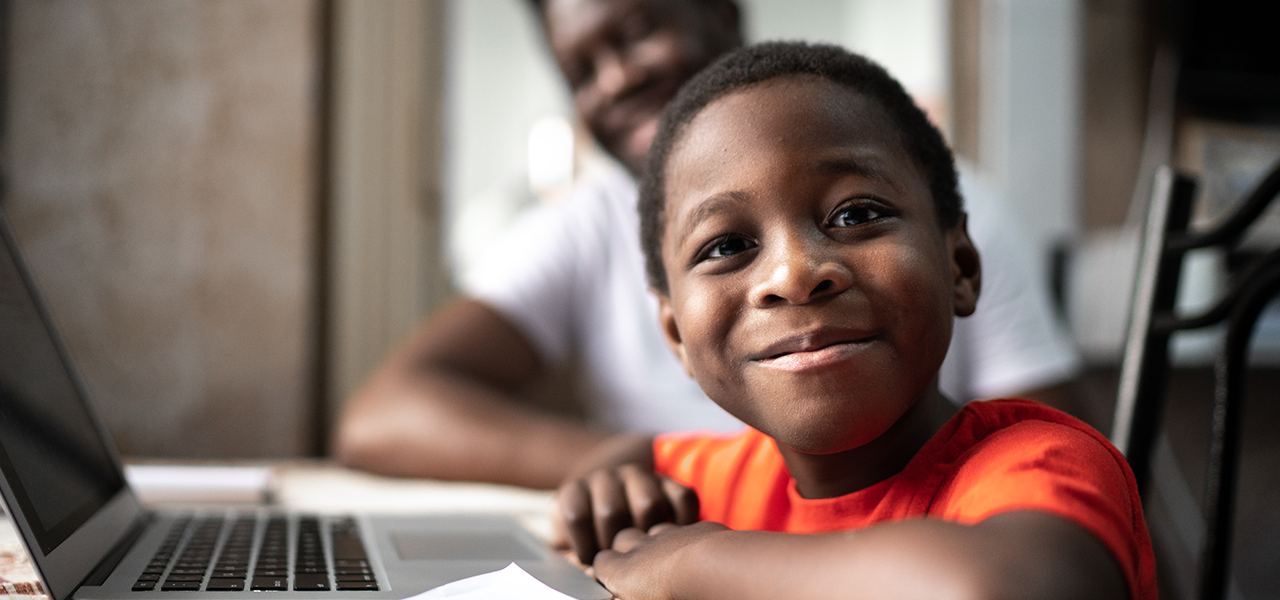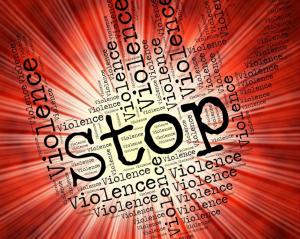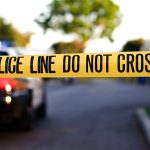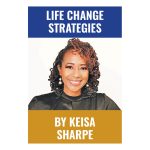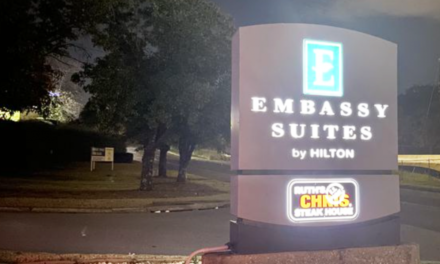Edwin Buggage Editor-in-Chief | Data News Weekly
Bridging the Divide: Where are we in Public Education?
In the years following Hurricane Katrina, the New Orleans Public Schools have seen a system drastically changed and become ground zero for the school choice debate and experiments in K-12 education. After nearly two decades questions arise such as does it work better for children, particularly, those who are most at risk? As we are beginning the new school year, we are examining the New Orleans Public Schools almost 20 years after Hurricane Katrina and its impact on student outcomes and overall impact on the city.
Separate and Unequal
According to its website, nolapublicschools.com it states that “We are a community of public schools devoted to educating and preparing all our students to thrive in life. For 180 years, public education in New Orleans has been a part of this vibrant and multicultural city’s complicated history.”
This complicated history is true, given the historical inequalities between Black people and Whites in opportunities that have existed in a system that was separate and unequal. In a city that after Brown v. Board of Education made separate but equal unlawful, but after nearly 70 years New Orleans and cities across America there still continues to have a divide, where in high poverty schools students are being taught by less experienced teachers, suspensions and expulsions of Black students are at a high rate, and school pushout is contributing to the negative life outcomes for many of our young people that include the school to prison pipeline.

A Passing Grade?
In New Orleans, the Public Schools admittedly have made progress in improving test scores, graduation rates, college attendance and other statistical data inside schools have shown marked improvement since Hurricane Katrina. But unfortunately, these measures have not impacted better outcomes for far too many young people who are either victims or perpetrators where gun violence, or breaking in cars, breaking out of juvenile jails and overall crime is on the rise. This wave has many people feeling unsafe in New Orleans.
Access to Success?
Furthermore, it is time to reevaluate schools and how success is measured, for quantitative data alone on standardized test does not alone measure the success of a community. It is essential to begin to consider more holistic solutions to the problems that plague our young people and our community across our city and state. Where Louisiana leads the world in incarceration per capita, with Black people being overrepresented.
A Bold New Vision: Leadership Matters
Today the city continues on a historic trek in leadership by appointing Dr. Avis Williams to serve as the first woman to permanently be appointed to this crucial and vital role. She comes with the goals of helping to create an environment where excellence and equity are paramount in the New Orleans Public Schools. This change of leadership is a major step forward, in a city that finds itself in a crisis relating to its most vulnerable young people. While this is a laudable goal, we as a community must ask ourselves, how do we achieve equity and excellence in education for all? The answer to this question extends way beyond the school building and whatever curriculum standards are put in place.
Working Toward Holistic Solutions
Indeed, education is one of the keys to success for our young people and their future, but more importantly, the education of the entire community is essential if New Orleans is to thrive as a city. Further, more routes to success must become available for our young people. For without economic opportunities, many will turn to illegal activities. Additionally, parents must become more involved in their children’s education, making sure they understand the importance of education. In the faith community, more of our leaders must again assist in becoming the examples of the moral North Star that guides our community to better behavior.
All Lives Matter
Moreover, it is important to note, that what will make education and our community better is the collective investment of all the citizens to see themselves as stakeholders in the future of our city. For us to make a priority all our people especially our young, regardless of race, income, and zip code. We are all in this together, and we will make New Orleans a Greater City for all.
The post Back to School: A Lesson for Success appeared first on NNPA Education Public Awareness Program.

